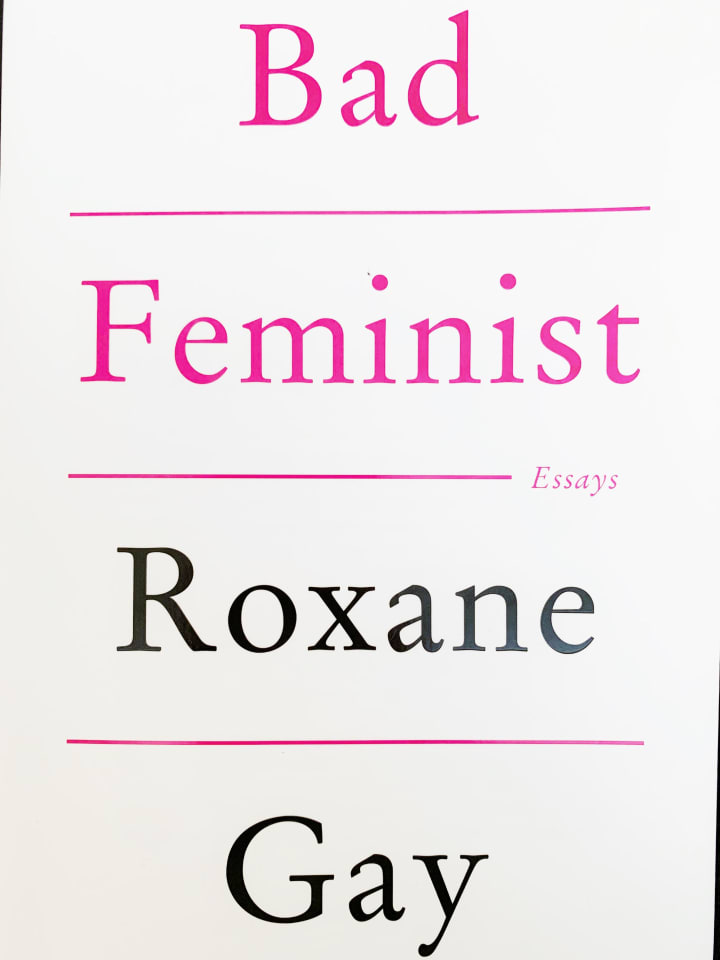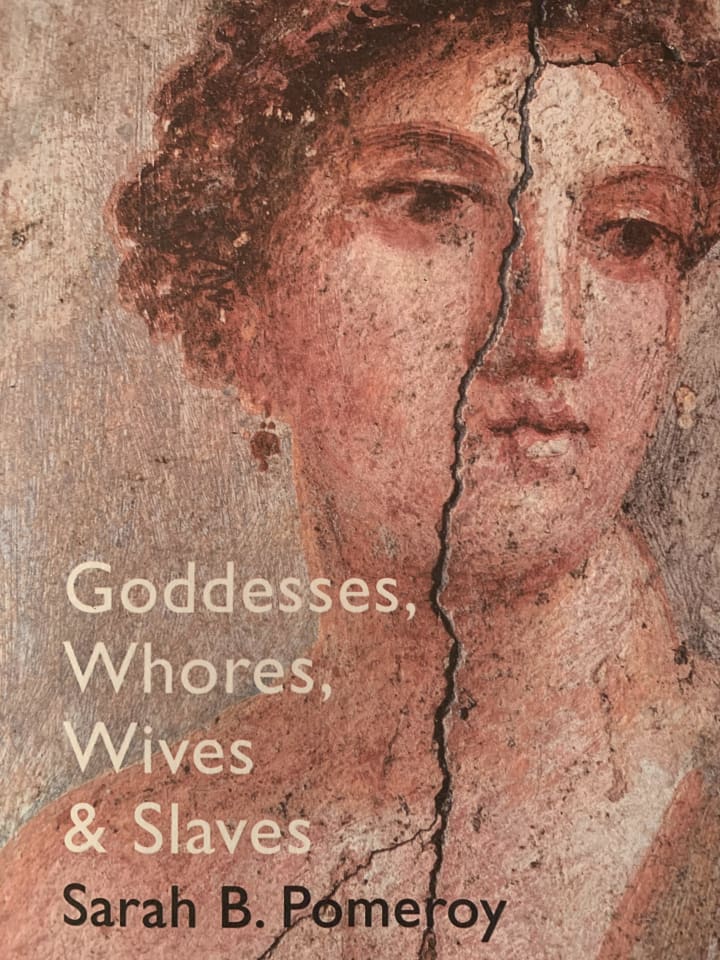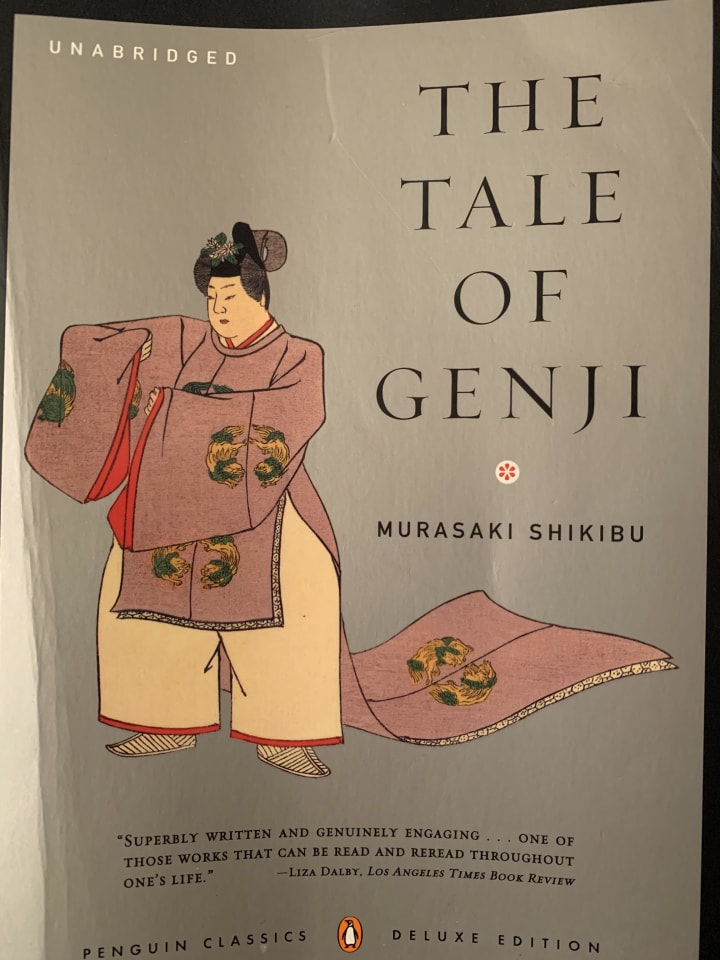The Year of Reading Women
May we know them; may we read them

For my part, I can hardly think of a more fitting start to the much-needed Renaissance emerging from the Dark Ages of 2020 than by committing to a practice which I have previously, woefully neglected: reading women. Inspired in part by the divine Amanda Gorman’s inaugural presentation of “The Hill We Climb”, I had a complete reckoning with myself that it was women, and especially women of color, who delivered us all from tyrannical oppression. I cannot fathom what would have been if a certain orange New Yorker had retained power, but I know that the reason I do not have to try is because of women’s relentless and undaunted passion, dedication, and organization. To thank them as well as I can, to celebrate their invaluable contributions to society, and to nourish my own mind with the amazing lessons and stories they have graced us with, 2021 is the year I gladly commit to reading the marvelous works of women.
There is hardly a genre that feels out-of-bounds: I have read Nobel Peace Prize nominee Stacey Abram’s Lead From the Outside, which is an inspiring account of how any individual may work to make a political difference within their own communities, but did you know she also wrote romance novels? Writing under the pseudonym Selena Montgomery, her novels Secrets and Lies and Rules of Engagement are shelved on my Amazon list. With her literary flare and extensive vocabulary, I am as confident as a I am excited in the journey that these novels will take me on, a happy distraction from the ongoing pandemic, and a centering place to kick off this new year’s habit.
For witty, compelling personal essays ranging in topics from sex to obesity to YA fiction, Roxane Gay is your GIRL. Her collection Bad Feminist is something powerful to absorb, filled with lessons to lead us bravely unto the breach of the new year: chief among them, (perhaps most poignant among them) is the lesson and role of hope in fiction. Without it, Gay suggests, writers forfeit the audience and the world into something bleaker than even what reality offers. And Gay is no light-weight when it comes to gruesome, difficult detail: her collection of short stories Difficult Women is raw and scathing, detailing “everyday” scenarios of women’s lives in the most striking and sometimes painful light, in which, I guarantee, you will read the most jarring stories of your own life, or your sister’s life, or your friends’ lives, as nearly every woman alive will recognize the struggles and even the horrors of what Gay depicts. Reading her stories or her essays in the new year will surprise you, then fortify you in the renewed promise that you are not alone in the daily, impossible struggles of existing as a woman. It will offer a reassurance and a strength from which we all may glean.

Sarah B. Pomeroy’s Goddesses, Whores, Wives and Slaves is an extremely accessible academic novel on the many women from classical antiquity which are far too often sequestered to the margins of the ancient classics: where the heck, I ask, is Penelope when suitors are not trying to win her over while Odysseus is off galivanting the seas to avoid apologizing to Poseidon? Why is Helen of Troy so demonized; was she or was she not kidnapped, and thus the victim, in this story? How did Hera feel when Zeus was off philandering with countless women? The most crucial question of all: why are women so invisible in most of the ancient world? Real or imagined, we know significantly less of women from the classical era than we do men, and that’s a problem Pomeroy tackles. For a fiction spin on this topic, Natalie Haynes’ A Thousand Ships is a phenomenal read, as well as Madeline Miller’s Circe.

Last but most certainly not least, the biggest read of this year to enrich my mind and my spirit going into the new year is to read the very first novel ever written. And yes, it was written by a woman. The Tale of Genji is a whopping 1,120 pages, written by Japanese noble woman Murasaki Shikibu. The density and beauty of this novel is exactly what makes it so spectacular: knowing that this was the very first fiction novel ever recorded adds an indescribable weight to the text (even though my copy already weighs nearly a pound).

As thrilling as Genji’s plights and adventures are, there is something so unequivocally inspiring about basking in the knowledge that the mother of all fiction novels, is literally a mother. Dante, Shakespeare, Kafka, Hemmingway: they owe their renown and their craft to one pioneering woman who lived over one thousand year ago. And that is the exact energy, awe, and hope that I will be carrying into the new year, with every turn of every page, every lesson and syllable, prescribed by these and other fantastic women writers. 2021 is already looking very, very bright.
About the Creator
Rose Rossi
Rose is a writer obsessed with all things related to politics. She's also a big anime fan, a licensed esthetician, and something of caffeine connoisseur. By tipping, you help her dreams of drinking every beverage on the local café menu. <3






Comments
There are no comments for this story
Be the first to respond and start the conversation.